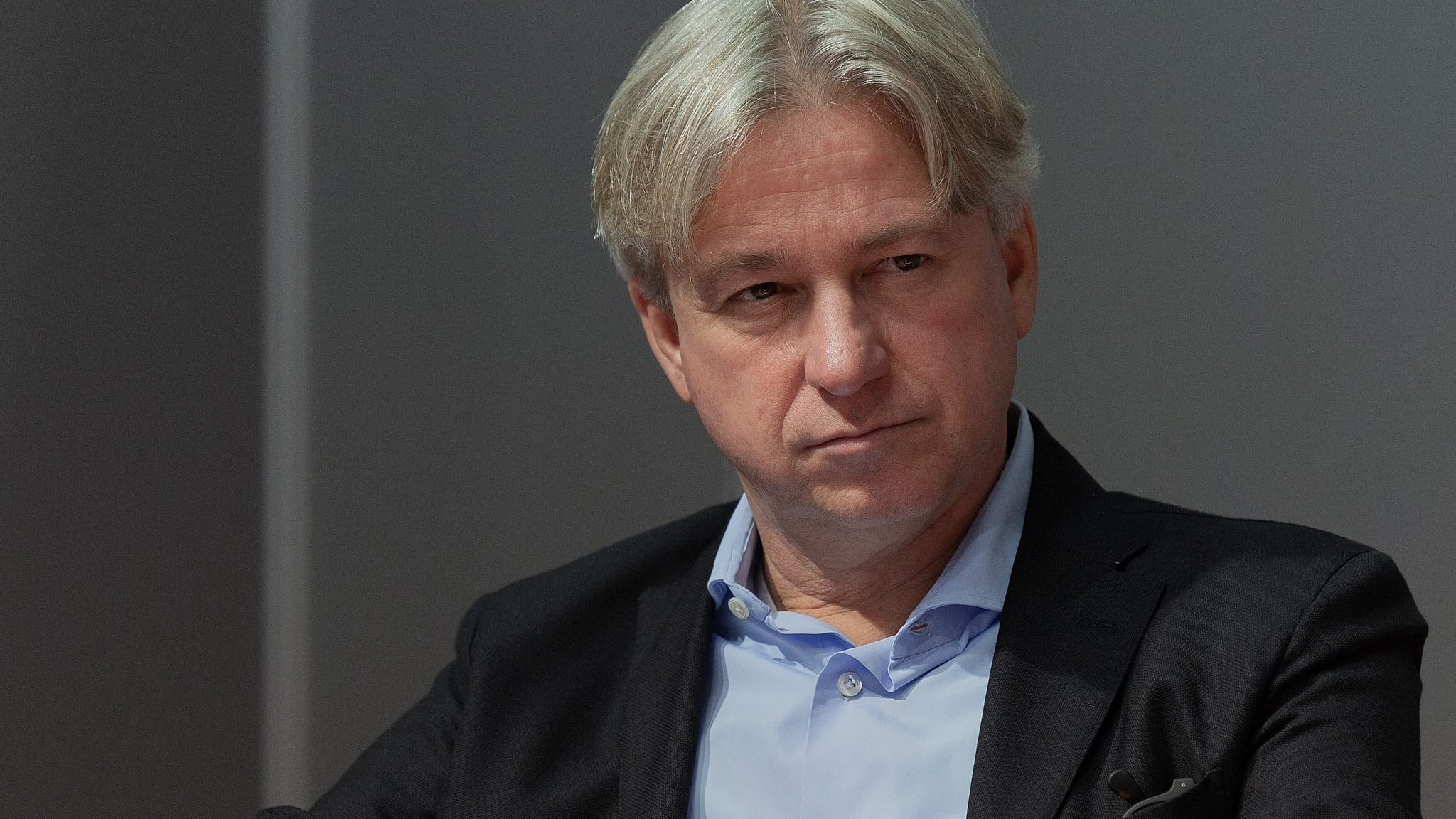You are viewing your 1 free article this month. Login to read more articles.
That Frankfurt feeling
Frankfurt is more useful today because it is smaller. I could do most of my business in a day (and a night).

In 1996 after what The Bookseller described as a tolerable book fair, we noted that “despite complaints from some quarters, Frankfurt seems likely to remain the one unmissable fixture on the international book trade calendar”. On its 75th anniversary, we might say this again. For all its faults, Frankfurt’s relevance remains unassailable. If there were to be just one trade fair, Frankfurt would be it. Tolerable or not.
I picked 1996, of course, because it was my first fair, memorable to me for being introduced twice to the – now deceased – agent Ed Victor in a matter of minutes (he was very polite). The wider point I make because much of what we think of Frankfurt today is imbued by what we used to experience – the long walks between halls, the terrible food, hangovers exacerbated by the acrid tobacco smoke, the great but long nights at hotel bars. Mainly it was the intensity that is imprinted on our minds. Frankfurt was fun, but it was also an endurance test.
In looking back, we forget why things have changed. All of those things I recall are no longer significant factors. Expense accounts are not what they were. We are all more adult. There is much less walking. There are also fewer of us. In 1996 we reported that there were 6,819 exhibitors, with attendance at 274,000. This year FBF reported 105,000 trade visitors, a jump of 12% on 2022, with around 4,000 exhibitors. So more than a third less.
It is this decline in attendance that is most concerning and, I think, for the first time now being widely noticed, and no longer seen as a result of the pandemic. The seminars I went to, including the interview with Penguin Random House worldwide c.e.o. Nihar Malaviya, were poorly attended and the traffic away from the big trade stands was generally subdued, the decision to move the big American publishers into a separate hall an odd one.
For all its faults, Frankfurt’s relevance remains unassailable. If there were to be just one trade fair, Frankfurt would be it. Tolerable or not
Clearly though judging by the schedule of meetings on those main stands, the humming agents’ centre, and reports from The Bookseller Daily editions, business was good. If Frankfurt was once inflated from its own self-importance this version of the trade fair feels more grounded. A second reason those seminars and external events are less well attended is that everyone is just busy. If you are there, you are there to work.
Some of this poses a problem for Frankfurt, as it does for its main rivals London and Bologna. The fewer attendees the more there feels a need to throw more things at them. Actually, we may want fewer things. In some ways Frankfurt is more useful today because it is smaller. I could do most of my business in a day (and a night).
What is it then that keeps it relevant? Part of it is what we also wrote back in 1996. The fair is more than the sum of its parts (even those missing bits): the row over fair director Juergen Boos’ approach to the Hamas attack on Israel on the eve of the exhibition, the non-awarding of a book prize to Palestinian author Adania Shibli, and the attendance of Salman Rushdie who received the annual Peace Prize, remind us that we all have a stake in Frankfurt’s future. Its importance, not just a memory.
















